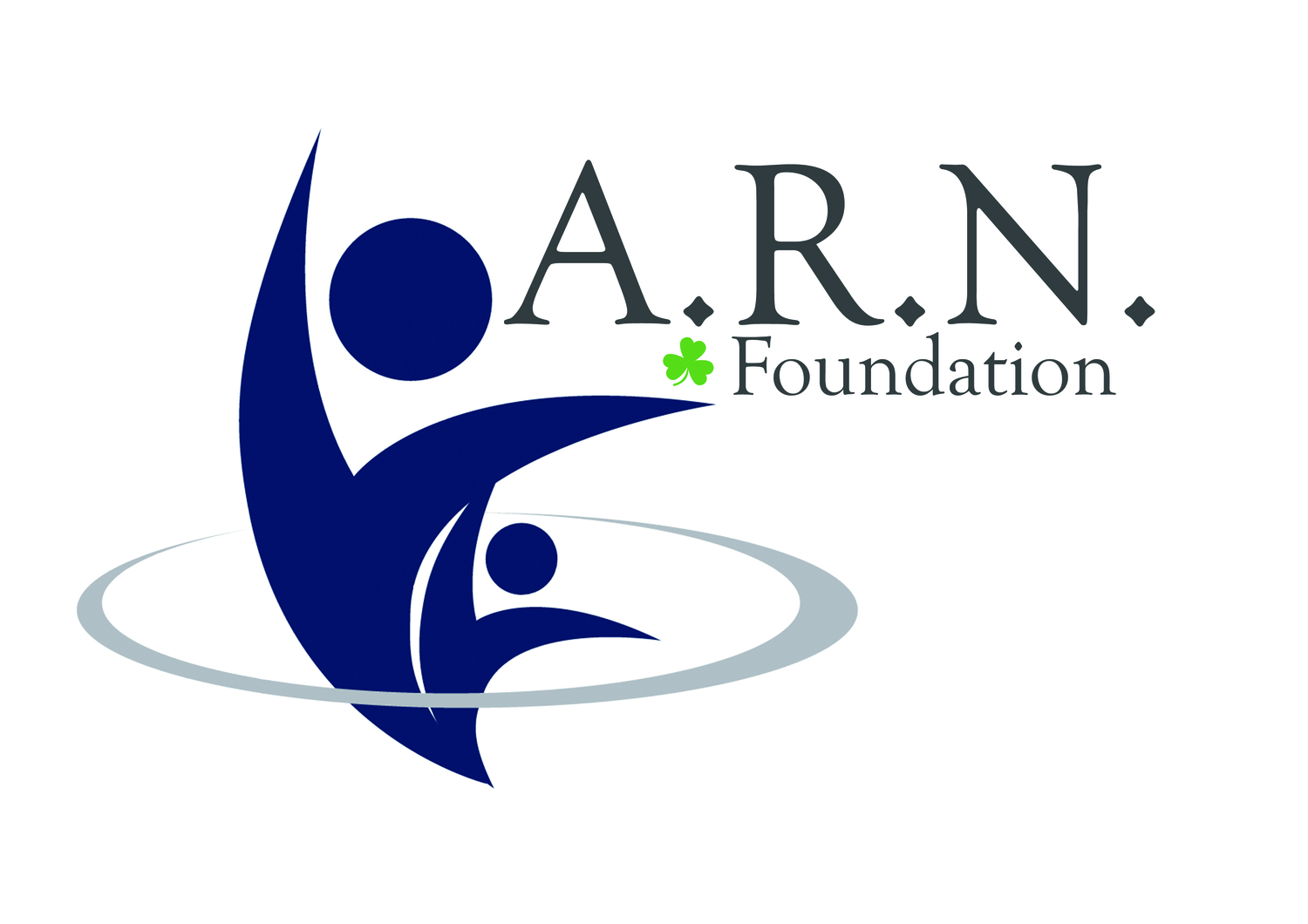
ARN Foundation
Intro:
An independent charitable trust, they began distributing funds through the Community Foundation in 2017 in support of Mental Health Issues and people with learning difficulties in NI.
Area:
Northern Ireland
Priorities:
- Supporting Mental Health Issues
The ARN Foundation is an independent Charitable Trust set up with the intent of supporting good causes across Northern Ireland.
The ARN Foundation’s Mental Health Fund will support organisations to deliver projects in support of people affected by poor mental health, and will be managed by the Community Foundation for Northern Ireland.
Mental Health in Northern Ireland:
Mental health problems are widespread in Northern Ireland, affecting one in five people. Rates among young men are particularly concerning, and those who live in poorer areas suffer from a wider range of health issues.
In 2017 the Community Foundation commissioned research on mental health in Northern Ireland as part of their Vital Signs consultation. The report highlighted some key facts around mental health in Northern Ireland.
- 24% of women and 17% of men in NI have a mental health problem – rates over 20% higher than in England or Scotland.
- Those in the most deprived areas (27%) are twice as likely to have poorer mental health as those in the least deprived areas (13%)
- GPs’ go-to response to mental health consultations is often to prescribe medication, rather than finding alternative therapies for mental trauma.
- For many there is a stigma attached to issues of mental health – particularly amongst men who won’t ask for help due to a fear of being stigmatised as ‘weak’.
- There is also the highly concerning phenomenon of self-harm, with 6000 cases presenting in 2013/14, disproportionately affecting the young and the Derry area, where 623 cases per 100,000 individuals aged 15 or over were registered.
Further to this, the Northern Ireland Assembly completed a research paper on mental health problems and provision in January 2017.
Some key issues are below:
- NI has higher levels of mental ill health than any other region in the UK – 1 in 5 adults and around 45,000 of children here have a mental health problem at any one time.
- 318 suicides were registered in NI during 2015 – the highest since records began in 1970 and a 19% increase on the suicides recorded in 2014 (268). Of the 318 suicide deaths 77% (245) were male.
- In NI, stigma is still a major deterrent to seeking help for mental illness. Research found that internalised stigma (holding stigmatised views about oneself), and treatment stigma (stigma associated with seeking or receiving treatment for mental illness), were the main factors in not seeking help.
- Access to services is also a key issue for service users with a number of difficulties highlighted, including fragmentation of services and particular issues in rural areas.
- Cutbacks in funding are also blamed for a lack of progress on full implementation of the Bamford recommendations and roll-out of good practice initiatives across NI.
- Research has shown that suicide prevention services for young men are most successful when they are open access in community settings such as workplaces and sports clubs, incorporating peer and professional support.
- The paper highlights other issues relating to access and barriers, including that GPs require better training and support to deal with patients with mental health issues; more awareness of support services; a need for a single point of access for information and advice; and better access to services in times of crisis.
- Around 45,000 of children and young people in NI have a mental health need at any one time; and more than 20% of young people are suffering “significant mental health problems” by the time they reach 18.
- 50% of mental health problems emerge by age 14 and that childhood adversities associated with dysfunction in families, maternal depression, trauma experienced within families and social deprivation are strongly linked to the onset in childhood and continuation into adulthood of mental health problems.
- However, there is evidence that it is possible to reverse this situation through early intervention, and therefore prevent mental health problems becoming pervasive in families, and becoming transgenerational.
ARN Mental Health Fund
There are a wide variety of ways to address mental health and wellbeing in Northern Ireland. Within this fund the ARN Foundation would like to continue to support projects that particularly encourage self-help initiatives, befriending schemes, and additional counselling resources in isolated areas, where there is limited access to such services.







